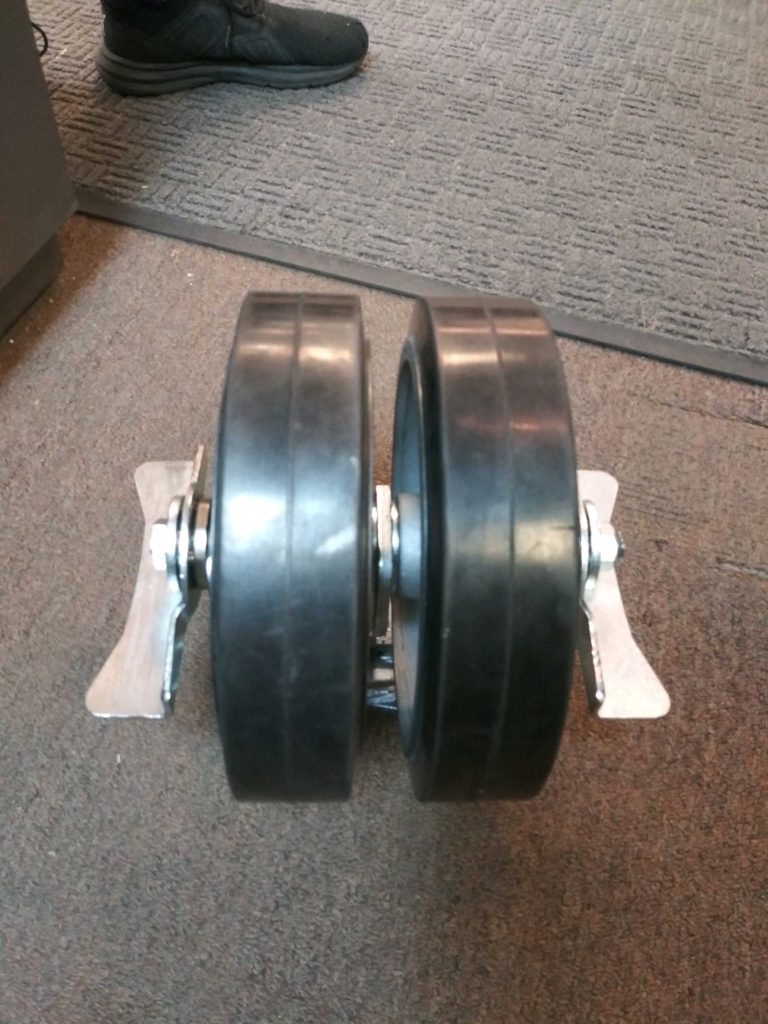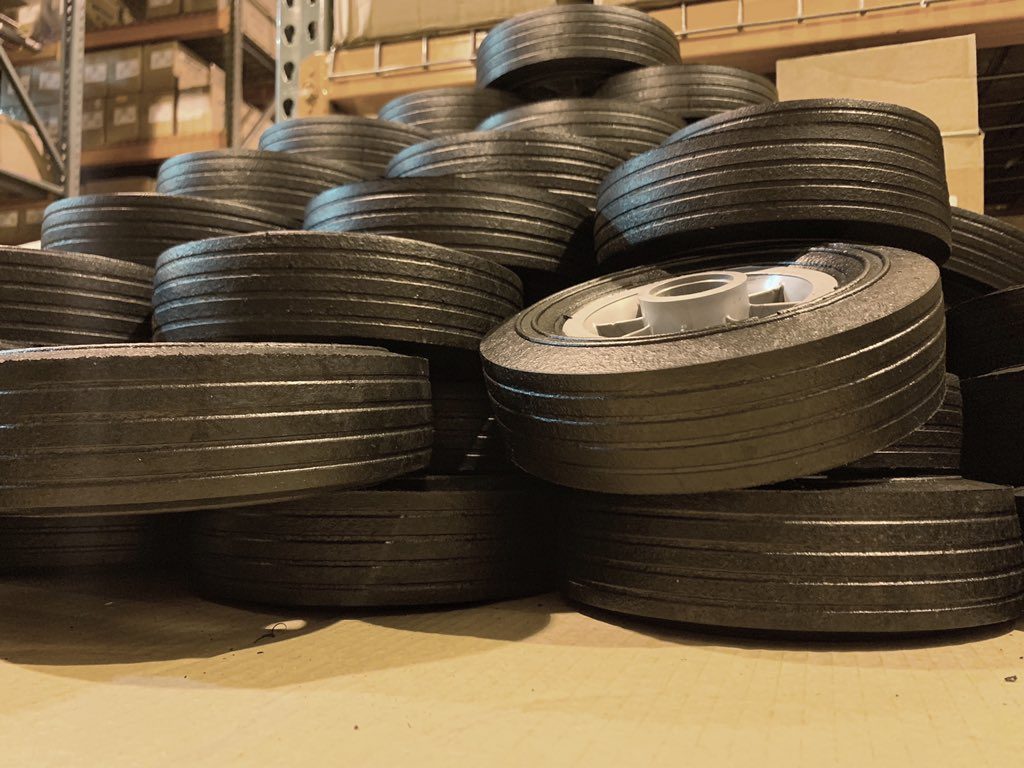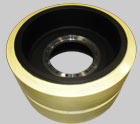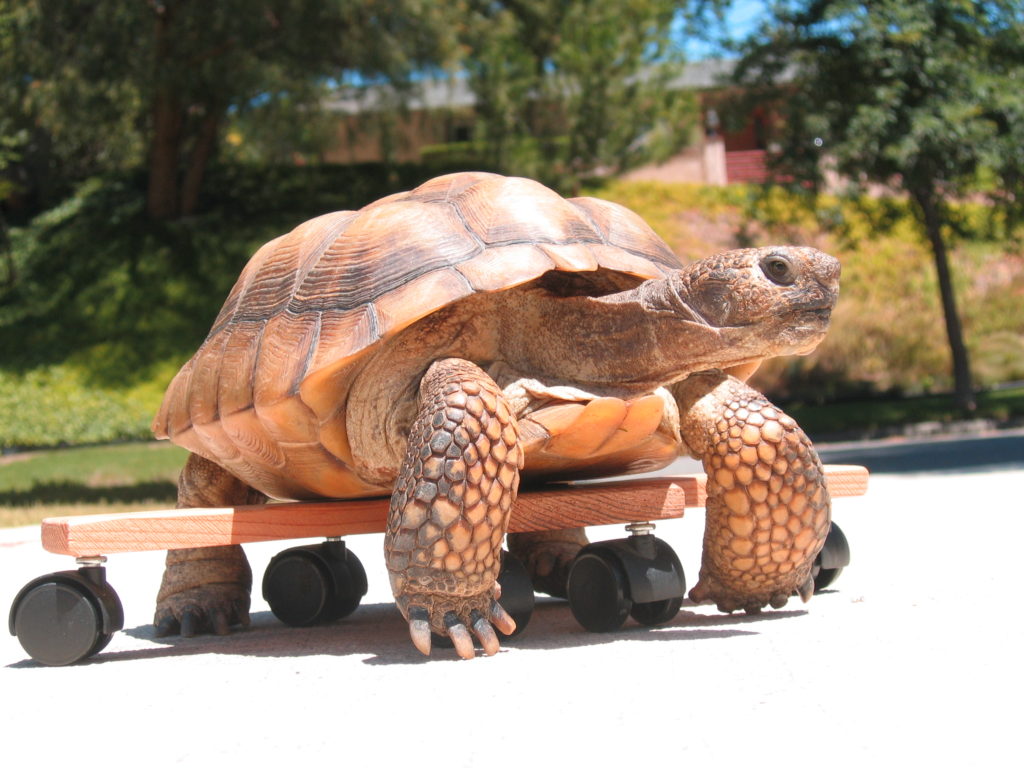You have a beautiful hardwood floor, but your chairs, tables, and other furniture on casters are all hard plastic and nylon. These hard material wheels will cut and scratch the floor easily. What solutions are there, you might ask?
Hardwood floor casters are available for any common connections types out there. These casters are made of soft polyurethane, rubber, or other materials specifically designed for hardwood floors. In most of these cases, the casters will not only be hardwood safe, but they will also roll and perform better. Materials that have more grip will roll easier than harder wheels, so you won’t skip or skid across the floor but instead roll smoothly.
Is a caster hardwood floor safe just because it’s rubber or soft material? No! A small diameter rubber wheel can cause as much damage as a hard wheel. When choosing a caster, get one that distributes weight over a wider area. Twin wheel casters are a good idea, or a large soft single wheel caster.
The investment of some quality hardwood floor casters greatly outweighs the cost of replacing or fixing a hardwood floor.




